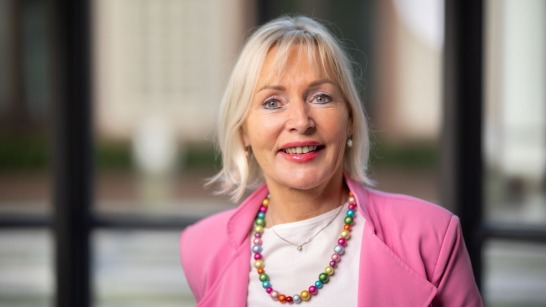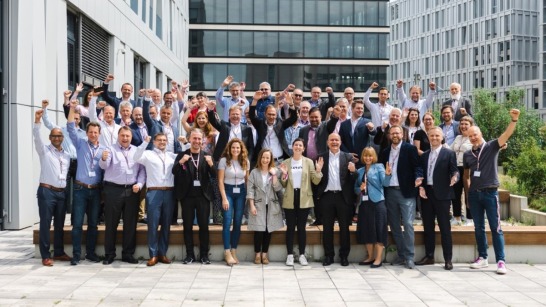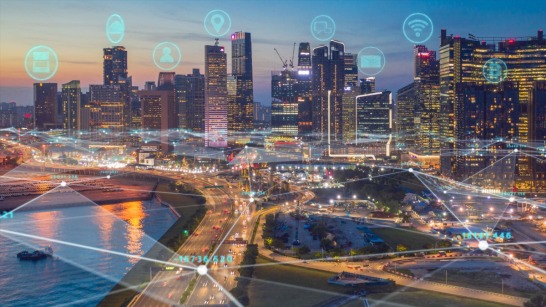And at what point, or how, does the economy come into play for “AI made in Hesse”?
In order to use AI, special computing infrastructure is required to utilize the vast volumes of data. So we want to make as much computing infrastructure as possible available to research. And, to even think about products and AI in the future, start-ups and SMEs need to be able to visualize how AI products might even look. So we wish to set up our own test environment, in conjunction with the Association of German Engineers, in which AI applications can be trialed. In summary, we can say: We wish to exploit, on the one hand, our significant research expertise, and on the other, the many potential business applications within Hesse. I am certain that AI can help Hesse to become the Silicon Valley of Europe.
That sounds like a very big ambition. And, while we are talking about visions for the future: What will Hesse look like in the year 2030?
In 2030, everywhere in Hesse will have 5G, and every house will have fiber optic connectivity. By then, our residents will understand that digitalization can help them every day – and, most importantly, they will understand how. They will be making significantly more use of telemedicine for health. We will have enhanced provision in rural areas in particular, and will have created more jobs there with the help of digitalization. We will have a prosperous economy, because we will have achieved digital transformation. We will see more women in the sector, because they will already have digital skills, and we will of course address the issue of mobile working. So we still have a long road ahead of us, but we are charting a course to become a stronger, more digital location.




